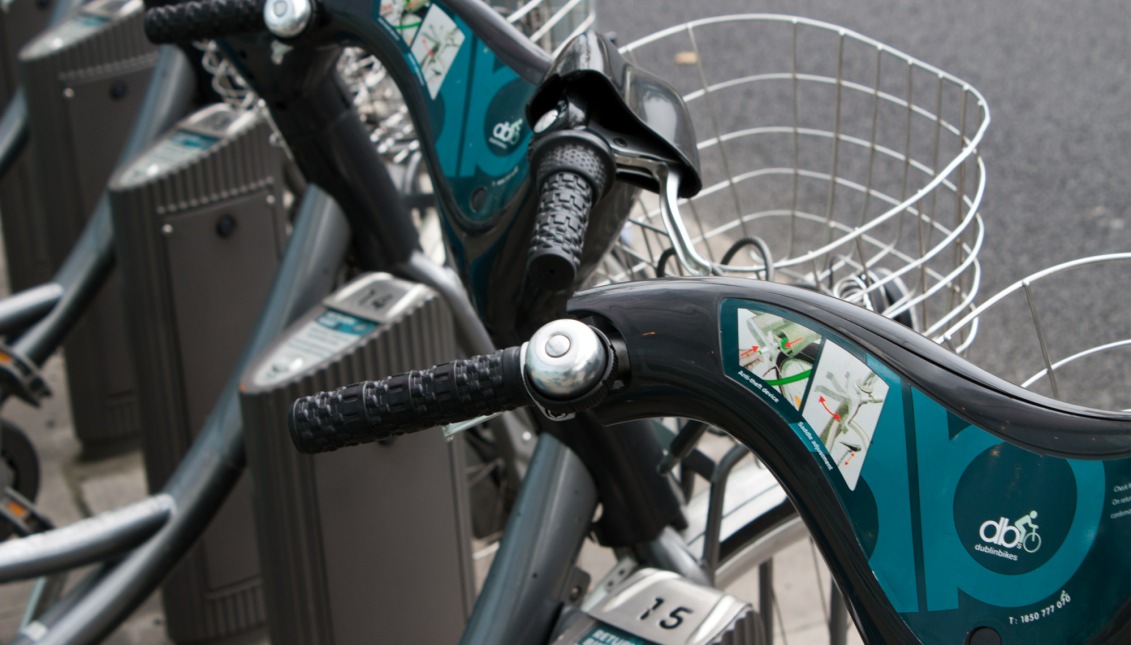
We have questions about Philly Bike Share
Neither the recent report nor the Philly Bike Share website answer the questions we have about the impact of the program on lower-income and commun
MORE IN THIS SECTION
Neither the recent report nor the Philly Bike Share website answer the questions we have about the impact of the program on lower-income and communities of color
The Philadelphia Mayor’s Office of Transportation and Utilities is clearly gearing up for Philly Bike Share (officially proposed to begin in spring 2015): In Dec. 2014, the Office released a station planning update, including results from a survey of more than 10,000 Philadelphians. The bike share would maintain a fleet of bicycles at approximately 60 docking stations, from which users could access bikes (with member or credit/debit cards) for short trips and return the bike at any other bike share docking station.
Bike share programs are in place in other U.S. cities, as well as European cities, and are generally viewed as a healthy and sustainable form of public transit.
The city of Philadelphia has committed $3 million in capital funds to pay for the bikes and stations, and have received an additional $3 million from federal and foundation funding, according to the website. Maintenance of the bikes in the share will be carried out by Bicycle Transit Systems, a Philadelphia-based corporation, and the city’s plan is that these costs will be paid for by user fees.
Philadelphia is already considered one of the United States’ “bike-friendliest” cities, with approximately 2.3 percent of residents commuting via bike.
But neither the recent report nor the Philly Bike Share website answer the questions we have about the impact of the program on lower-income and communities of color.
Bicycling rates don’t vary much by income level but, according to transportation research, they do vary substantially in terms of purpose. Low-income bike use is mostly for utilitarian purposes, while higher-income use is casual, or for recreation and exercise. Immigrants, for example, are “twice as likely as U.S.-born Americans to travel by bicycle. Those earning less than $35,000 and living in dense residential areas are more than 10 times as likely to travel by bike,” according to the article “US Immigrants and bicycling: Two-wheeled Autopia” (Transport Policy, 2010).
But public bike sharing systems haven’t served these populations well. Memberships are overwhelmingly white in cities with established bike share programs (90 percent white in Denver, for example, which has a substantial Latino population; 77 percent white in Washington D.C. which, like Philadelphia, is a “majority minority city”). What infrastructure does the city plan to put in place in lower-income communities and our communities of color so that the public transit benefits of bike share can include residents of those neighborhoods at least as readily as it is anticipated to benefit tourists using the bikes in Center City?
And how will the Philly Bike Share program impact local economies in those same low-income and communities of color? South Philly has a thriving, homegrown market of places like Ruedas Mexibike and El Taller de Bicicletas, that not only sell reconditioned bicycles to the community, but also serve as repair shops and parts stores. In North Philly, Neighborhood Bike Works does the same. The proposed bike share docks will undoubtedly impact these small businesses — as will the fact that maintenance needs for bikes from sharing program will not be provided by these community businesses, but by a centralized corporation.
And what about parking? Bicycle parking is already at a premium in Philadelphia — how will the proposed docking stations impact existing parking, so crucial to those who use bicycles as part of their business? Will the fares — which have either not been set yet or not announced to the public — make it unlikely that our immigrant and lower-income residents ever use the service?
And those are just the questions off the top of our head that neither the FAQ on the website, nor the December report begin to answer.
The Office of Transportation and Utilities has a lot of questions to answer before rolling the bike share out this spring. The clock is ticking.
Correction Feb. 18: Changes typo on first paragraph from 600 to 60 docking stations.






LEAVE A COMMENT:
Join the discussion! Leave a comment.